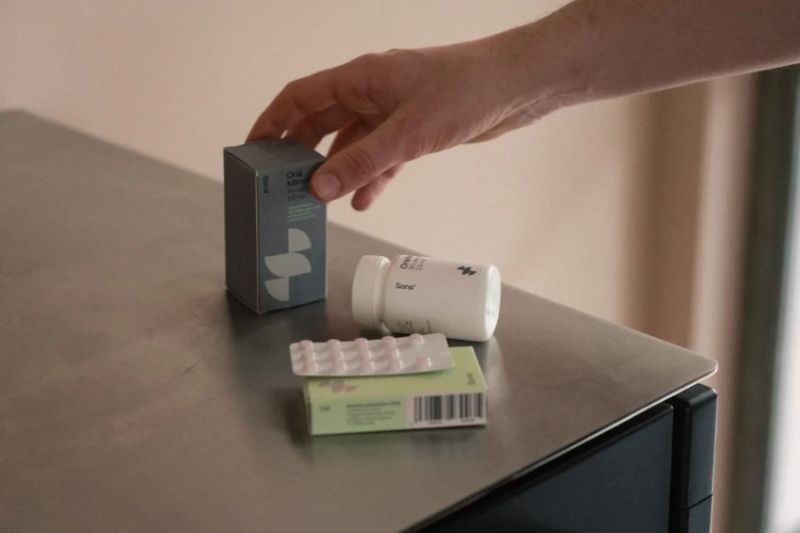The digital economy has passed a “milestone” as UK shoppers now use their debit cards to pay for half the country’s retail sales, by value, the BRC has said. The use of cash is falling, as consumers go online to buy, and into stores where they use contactless payments and self-service tills.
The shift in shopping behaviour is seeing a greater proportion of small payments that were previously made using cash now made via cards, the BRC’s Payments Survey 2013 found. The study covers 60% of retail sales in 2013 – worth £191bn – and includes results from more than 10.6bn transactions in retail outlets from small independant shops to large multiples and online.
Debit card transaction values are falling, the study showed, while the use of cash has fallen by 14%. Meanwhile, shoppers are using credit cards to pay for fewer items – 9% of transactions are now made using them, down from 12% in 2012. Overall, credit cards were used to spend the same amount of money in 2013 as the previous year, but each transaction is, on average, worth 12% more.
However, when it comes to the number of transactions made, cash is still used in 53% of transactions, a figure that’s down by 3% over the last year and 10% over the last five years.
Helen Dickinson, director general of the British Retail Consortium , said: “Customers are taking advantages of new ways to shop and pay. The availability of contactless cards, handy express stores and self-service tills as well as online sales has increased the use of debit cards for smaller payments in place of cash. This is very much in line with the attention customers have paid to price and value during the recent economic uncertainty as they have sought to minimise payments from their budgets for everyday items.
“The recent pattern of spending on larger but fewer products on credit cards shows that customers are now feeling more confident than they did a year ago and reflects the wider consumer outlook of cautious growth.
“Cash use down 14 per cent in the last five years is a milestone in the development of our digital economy. It shows that customers are embracing digital shopping whether online or on the high street and retailers are adapting and evolving to meet the demand with excellent services. However, it is important to note that cash still remains dominant in the overall number of transactions.”
But the BRC says bank charges to retailers for processing card payments are still “unjustifiably high,” with the average cost now at 40.9p, up by 18.3% in the last five years.
“It is really disappointing that the average cost of accepting both credit and debit cards have increased over five years, while cash costs have gone down,” said Dickinson. “Interchange fees cost the retail industry and its customers almost £1 billion in 2013. The much-welcomed European proposals to cap how much banks can charge retailers to process card payments are close to final approval, but in the meantime, we continue to work with the UK Government and Payment System regulator to implement caps on UK fees without further delay, as has happened in other European countries”.








